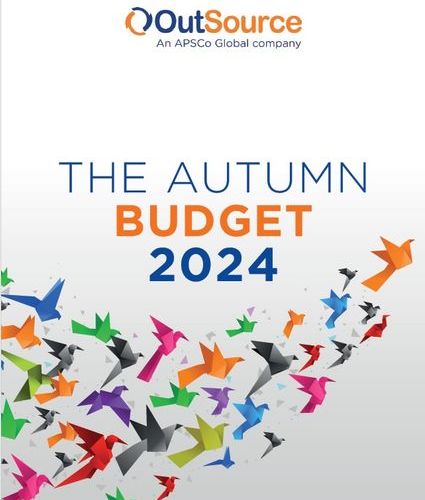Budget response: Employment trade bodies warn NICs increases could have a detrimental impact on contractor costs
The Association of Professional Staffing Companies (APSCo) and APSCo OutSource have responded to Chancellor Rachel Reeve’s first Budget, raising concerns that the NICs rise has the potential for inadvertently negative consequences on recruitment and economic growth.
Tania Bowers, Global Public Policy Director at APSCo commented:
While employers’ contributions to NICs haven’t been increased by as much as was speculated, we are worried that this has the potential to inadvertently hinder permanent and temporary recruitment. For the UK’s SMEs in that economically critical 10-250 employee banding the financial burden this places on them will only reduce the investment they can channel into new hiring.
The overall cost of engaging contractors is also a concern, particularly for the many SMEs in the recruitment sector who won’t be in a strong bargaining position to pass the additional tax rate on their payroll up their supply chains to all their clients. When we add this to the extra costs of hiring that are being built into the employment rights reforms, it makes conditions for business, recruitment and economic growth difficult. Given the infrastructure investments announced, a more positive macro-economic environment may alleviate some of the pain and create the dynamic landscape that the Chancellor is striving for, but it is a question of timing.
It is encouraging to see investment being funnelled into sectors and industries that are in direct need of reform to boost skills. The skills required simply don’t exist in the domestic market and this must be reversed. If we look at construction, for example, our latest data shows a decline of applications for permanent and contract positions of 35% and 41% respectively between September 2023 and September 2024. This is despite vacancies stabilising and is indicative of a growing gap between the supply and demand of skills.
The financial support pledged to get more people back into work will alleviate some of this in the longer term, but it takes time to build the skills that are needed. More immediate steps to boost access to talent – through stronger international trade deals and more effective access to contractors – is also required.”




